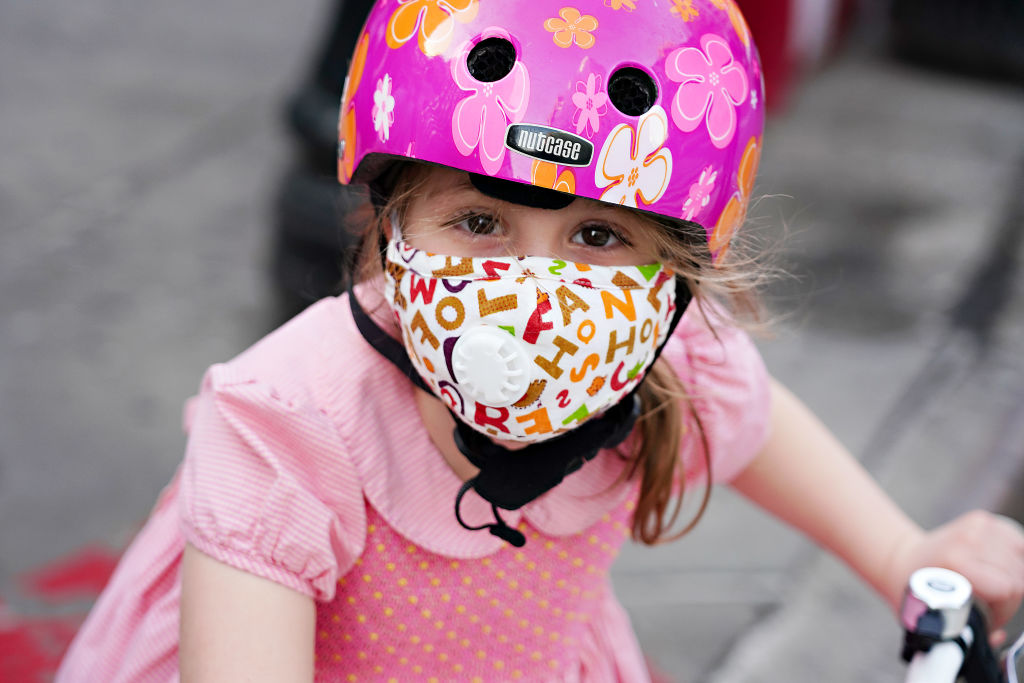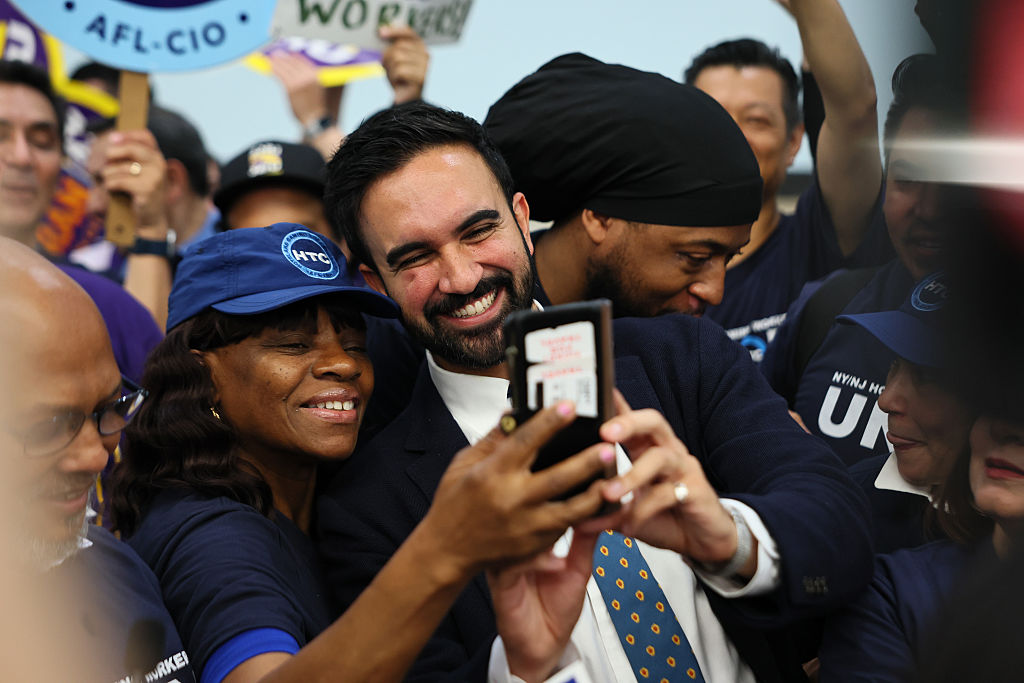A German study — in a preprint which has yet to be peer-reviewed — has reported negative symptoms of children forced to wear masks in that country. Last fall, researchers at the University of Witten/Herdecke set up a registry for parents, teachers and doctors to report their observations of children who were forced to wear masks at school.
After a week it had received 20,353 entries, referring to 25,930 children. The researchers then analyzed the results of the 17,854 entries which had been made by parents. Of those, 60 percent reported increased irritability in the children concerned, 53 percent reported headaches, 50 percent difficulty in concentrating, 49 percent less happiness, 44 percent reported a reluctance to go to school, 42 percent malaise, 38 percent impaired learning and 37 percent drowsiness/fatigue.
Headaches and concentration issues were reported to be more prevalent in 13-18 year olds, while 7-12 year olds were more likely to be restless, to have their sleep affected and not to want to go to school.
While the study records widespread dissatisfaction with masks, these figures cannot be taken as representative of the entire population of German children. They are not a randomized sample of children, but are a self-selected group who were moved to fill in the online form. It seems inevitable that parents were more likely to want to fill in the form if their children were suffering problems than if they were not. Moreover, the authors note that the link to their online survey appeared on the websites of online groups who were critical of COVID restrictions. There is no control group, either. It would not be possible to design a blind controlled study involving something as obvious as wearing mask, as you can’t offer a placebo.
Nevertheless, as the researchers point out, there is a lack of evidence on the use of masks in school — either on their effectiveness in preventing the spread of infection or on their side effects.
This article was originally published on The Spectator’s UK website.

























